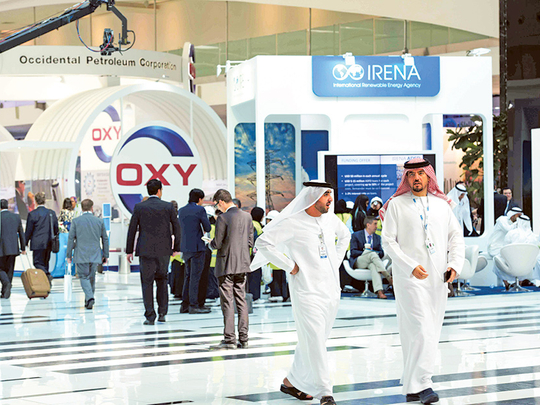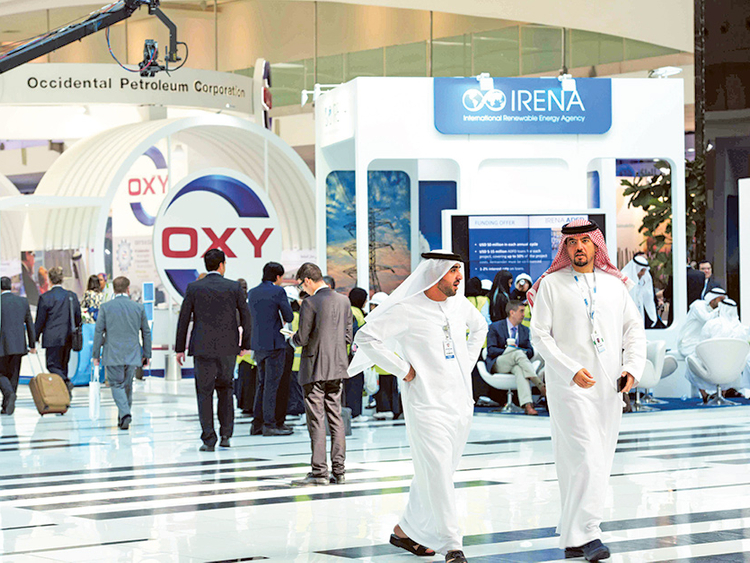
Abu Dhabi: German conglomerate Siemens is aiming to capitalise on the UAE’s Energy Strategy 2050, with plans to grow the company’s footprint in the country and strike more deals on renewable energy and energy efficiency solutions.
The UAE’s latest energy strategy, approved last week, highlights clean energy as a key component in the UAE’s energy mix going forward, with aims to have clean energy account for 44 per cent of energy production.
“There is huge growth in terms of energy foreseen in the whole region. With that, fossil power stations will grow, we see grids growing, so all those opportunities will come over the next 10, 15, or 20 years, and we will see growth in generation capacity plus distribution capacity,” said Dietmar Siersdorfer, chief executive officer of Siemens Middle East and UAE.
He added: “There are opportunities with governments, which are investing (in energy efficiency). There are government entities like the oil companies in the region, but there are also private entities in countries that are investing into their own infrastructure, which is then connected to the grid. There may be examples in the future where the government is encouraging more private investments to build power generation capacities, so we will also see these opportunities.”
In the GCC, Saudi Arabia also expressed growing interest in renewables, with the Kingdom’s energy minister announcing an investment plan of $30 billion to $50 billion in the renewable and nuclear energy sectors.
260 GW of additional capacity
“We have a forecast that projected a few weeks ago that in 2030, we will have 260 gigawatts of additional capacity, so we will have growth from today’s capacity of more than 60 per cent in terms of energy generation,” Siersdorfer said.
He was speaking on Tuesday at the World Future Energy Summit (WFES) n Abu Dhabi where he also discussed the growing shift away from fossil fuels and into cleaner energy options.
Asked whether that shift might halt in the next few years as a result of potential US energy policies under the incoming Donald Trump administration, Siersdorfer said it was unlikely.
“With the American administration, Mr. Trump may decide that he will walk away from a path that I think the whole world has to follow to use renewable energy, but I don’t think that the rest of the world will be that concerned about [these moves].
China, for example, has committed to go for [clean energy] and they don’t care what somebody is doing elsewhere, so that’s a big commitment. I don’t think this (interest in clean energy) is stoppable; it may be stoppable in one country but that is the decision of the leader of that country,” he said.
Siersdorfer also highlighted countries like Germany, which have adopted clean energy policies decades ago, saying such countries will not stop their efforts to reduce carbon emissions regardless of energy policies in the US.













